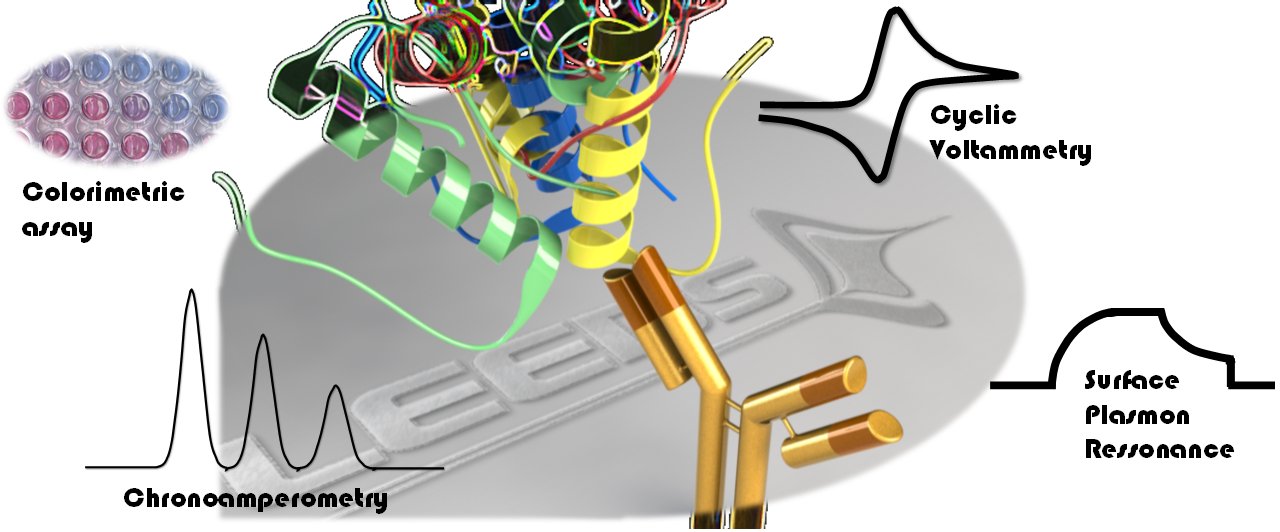SPR-based sensors have been widely recognized as a potential analytical tool due to their extreme sensitivity towards small changes in the refractive index near the sensor surface caused by the variation of mass on the metal/environment interface. The SPR technique permits the evaluation of bonds between molecules in real time and without the necessity of markers. This allows the investigation of kinetic and thermodynamic parameters, which consist in central tools in the elucidation of processes of biological nature. Currently, the main interests in this line of research involve the development of SPR-based immunosensors as a new method for immunodiagnosis of neglected diseases, such as the Chagas disease and the Leishmaniasis. In these studies, extensive efforts have been made aiming the immobilization of different antigenic forms, including crude antigens, recombinant antigens and synthetic peptides on self-assembled monolayers formed on the substrate of SPR for the detection of specific antibodies. In addition, the kinetic and thermodynamic parameters have been obtained by the SPR technique to help in the elucidation of the mechanisms involved in the reaction between different antigens and their specific immunoglobulins (IgGs). This approach has allowed a significant advance for the understanding of the molecular events involved in these immune reactions.

